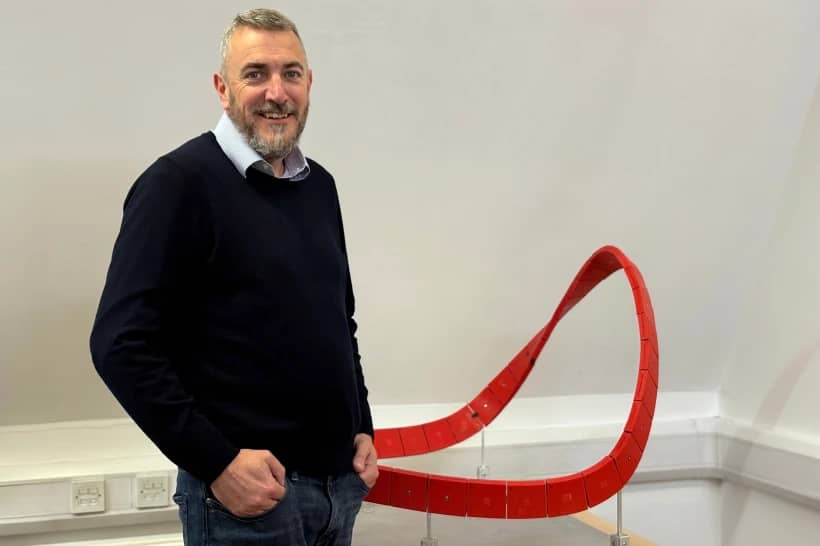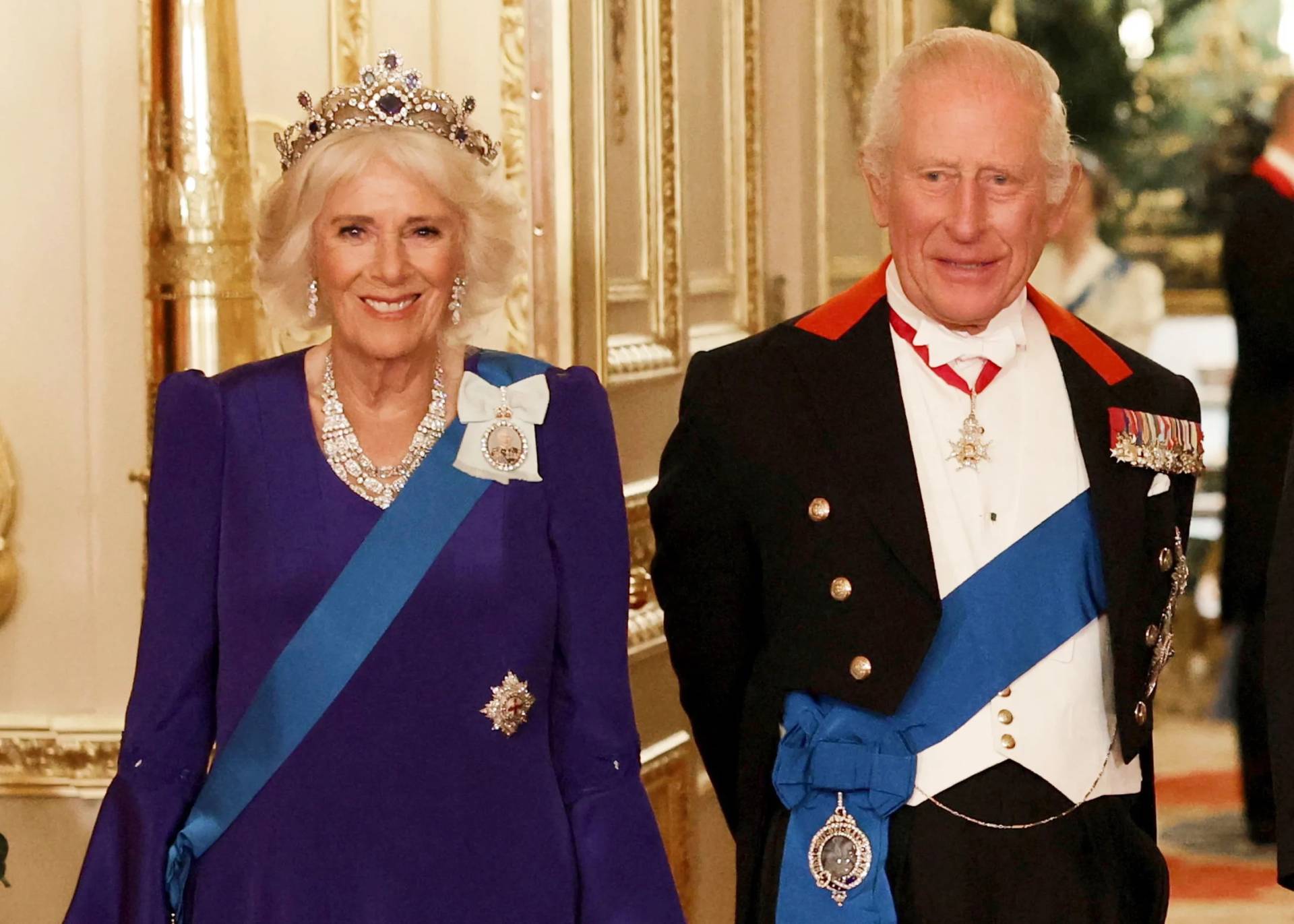LEICESTER, United Kingdom – Revelations that a leading holiday park company in the UK discriminated against people with certain Irish surnames “won’t come as a surprise” the country’s Traveller community, says their national chaplain.
Pontins has been running holiday camping sites across the UK since 1946. On March 2, the Equality and Human Rights Commission revealed the camps had been informed by a whistleblower that the company operated a discriminatory booking policy that excluded Gypsies and Travellers.
Travellers are a nomadic group originating in Ireland, and there are tens of thousands living in the United Kingdom. Although they are often called “gypsies” in Britain, they are distinct from the Roma community found throughout the rest of Europe. Altogether, there an estimated 300,000 members of these nomadic groups living in the UK, and they are a protected minority under Britain’s antidiscrimination laws.
“Sadly, the revelations that have emerged from the former employee at Pontins won’t come as a surprise to members of the Gypsy, Roma and Traveller communities who routinely face widespread discrimination and exclusion based on their ethnicity,” said Father Daniel Mason, the national Catholic chaplain to Gypsies, Roma and Travellers at the Diocese of Westminster.
RELATED: Chaplain to gypsies and Travellers says British TV show reinforces prejudice
The Equality and Human Rights Commission signed a legally binding agreement with parent company of Pontins to end discriminatory practices, including monitoring calls and refusing or cancelling any bookings that were made by people with an Irish accent or surname; requiring staff to block any potential customers with certain Irish surnames from booking; and using its Commercial Vehicles policy to exclude Gypsies and Travellers from its holiday parks.
The i newspaper published a report listing the more than 40 surnames banned from the Pontins parks, including such common family names as Boyle, Carr, Cash, Connors, Gallagher, Lee, Murphy, Nolan, and Ward.
“It is hard not to draw comparisons with an ‘undesirable guests’ list and the signs displayed in hotel windows fifty years ago, explicitly barring Irish people and Black people,” said Alastair Pringle, the executive director of the Equality and Human Rights Commission.
“Banning people from services based on their race is discrimination and is unlawful. To say that such policies are outdated is an understatement,” he added.
Mason said it was “encouraging to see the Equalities and Human Rights Commission acting so swiftly.”
“I commend Pontins for taking decisive action to stamp out this discriminatory practice,” the priest told Crux.
The i newspaper published an interview with the whistleblower – who cannot be legally identified – who described the practices common at the company.
“You were told from day one that you had to listen out for an Irish accent and find out as much as possible about a person such as their address and whereabouts. So if a person had an Irish accent and was calling from Ireland, then strangely that was ok. But if it was an Irish accent and the postcode was for a caravan site or an industrial estate in Britain, then that was a big red flashing light,” the whistleblower said.
“You just had to lie through your teeth [about availability],” he told the newspaper.
The Traveller Movement is a charity which advocates for the UK’s nomadic communities, and has been following the case closely.
Yvonne MacNamara, its chief executive, told the i newspaper she was “disappointed but unsurprised” to hear of the “appalling” blacklist.
“We’ve heard holiday camps do this sort of thing all the time. We are pleased to see the EHRC taking this course of action and really using its powers appropriately,” she told the newspaper.
“We hope this sets a precedent, both for whistle blowers and for other holiday camp providers. This treatment of Irish Travellers is completely unacceptable and shouldn’t be tolerated,” MacNamara added.
Mason says Catholics in the UK should show solidarity with the nation’s Travellers and gypsies.
“Catholics in the UK have historically experienced prejudice because of their faith and so we have a particular understanding of what it is like to be ‘othered.’ As a Church we continue to do all that we can to offer support and encouragement to those living on the margins,” the priest told Crux.
Follow Charles Collins on Twitter: @CharlesinRome

















